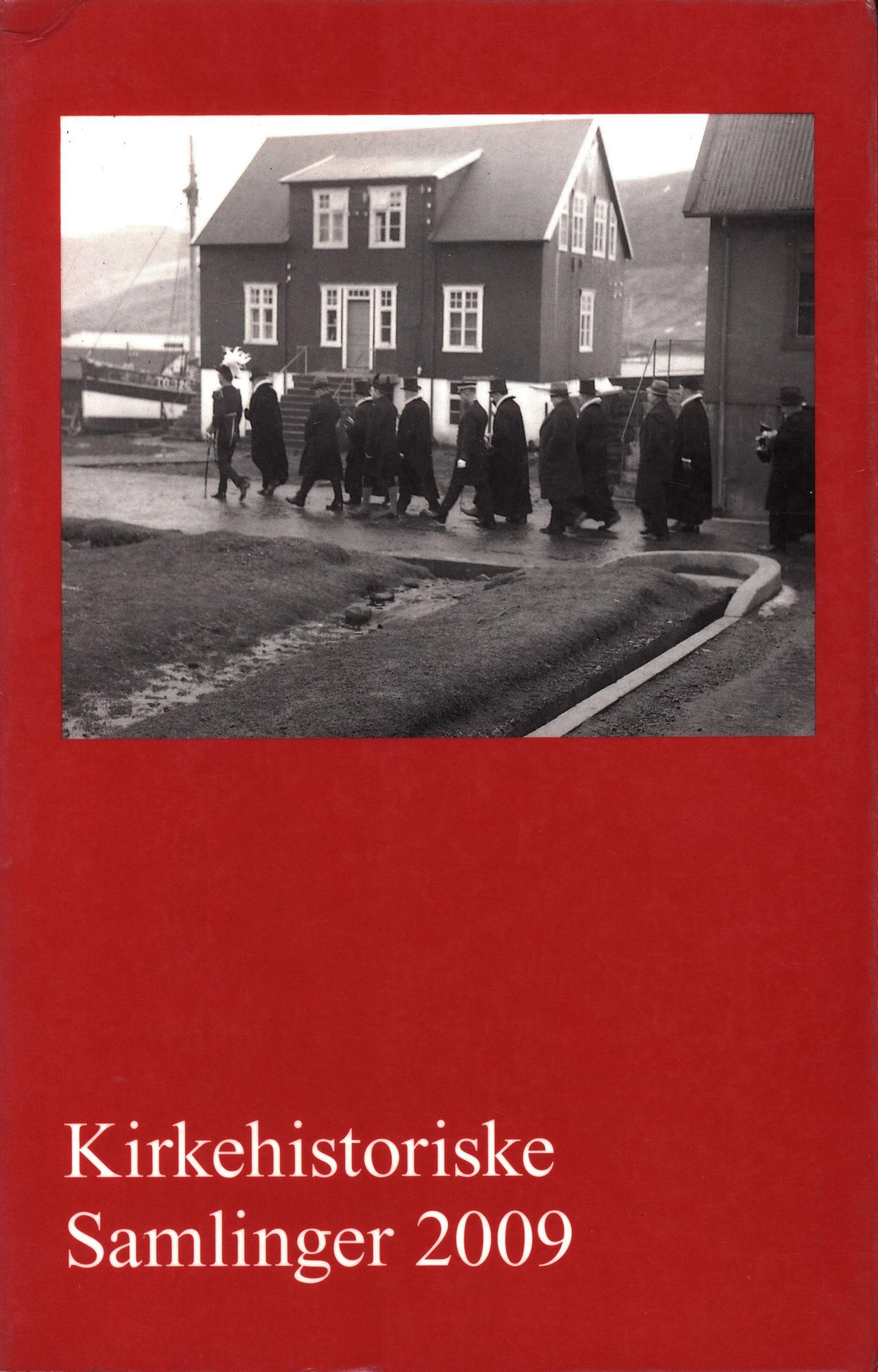Nordiske forudsætninger for Credos (Kristeligt Forbund for Studerendes) profilformulering på bibelsk grund
Publiceret 15.12.2009
Citation/Eksport
Copyright (c) 2024 Tidsskriftet Kirkehistoriske Samlinger

Dette værk er under følgende licens Creative Commons Navngivelse – Ingen bearbejdelser (by-nd).
Resumé
When N.O. Rasmussen (from 1980 Vigilius) in 1956 took the initiative in establishing the student work Credo, he emphasized that it was a branch of De Nordiske Studenter- og Gymnasiastmøder på bibelsk grund (Nordic Student Meetings on a Biblical basis). Until Credo in 1964 changed its name to Kristeligt Forbundfor Studerende og Skoleungdom (KFS - Christian Union for Students), the profile statement on a Biblical basis was frequently used. With this statement, on a Biblical basis, Rasmussen gave strong emphasis to the view of Scripture. For theological reasons, Ole Hallesby in Norway took the initiative, in 1921, in holding a Nordic student meeting independent of the Nordic student meetings with a Christian program, held by the Nordic Christian student movements. From 1924 these so-called »Hallesby meetings« were also held in Sweden. The Swedish Christian student movement urged strongly that the organizers of these new meetings should choose a motto so that confusion with the other student meetings was avoided. The Swedish leaders who were co-conveners ofthe »Hallesby meetings« all came from Evangeliska Fosterlands-Stiftelsen, which a few years earlier had been through a vehement debate over the view of the Bible which resulted in a break and the formation of Bibeltrogna Vänner. It was within this leadership that the profile statement on a Biblical basis was chosen; the first official use of it was in connection with the Nordic Student Meeting in 1929 in Lidköping, Sweden. The words on a Biblical basis signalled a determination to adhere to the Bible as the only guide in matters of salvation. On this basis the objective was to proclaim the gospel to spiritual awakening and new life in Christ. The purpose was not to define a certain view of Scripture or a specific theory of inspiration. In Sweden the term on a Biblical basis has played a key role in the evangelical student work, where the leaders have often used it as a consensus concept which has been able to gather
individuals with slightly divergent views of Scripture. In Norway the words on a Biblical basis have never played a major role. Ole Hallesby, for many years leader of the evangelical student work, had a conservative view of the Bible, which most of the leaders have had. Carl Fr. Wisloff, on the other hand, had an orthodox view and would not, unlike Hallesby, hear of errors in the Bible. But both agreed that the words on a Biblical basis meant that Holy Scripture was the sole source of and norm for Christian doctrine and life, and that Scripture contains God’s message ofsalvation which must be preached to all people. In Finland and Iceland the words on a Biblical basis have played a marginal role. In the old Credo group in Denmark the intention with the words on a Biblical basis was to signal a marked focus on spiritual awakening and a clear dissociation from radical views of Christianity. But the words on a Biblical basis did not express a specific view of Scripture. With N.O. Rasmussen and the new Credo began a stronger accentuation ofthe importance of focussing on a carefully defined view of Scripture than had earlier been the case in the evangelical student work in Scandinavia.

